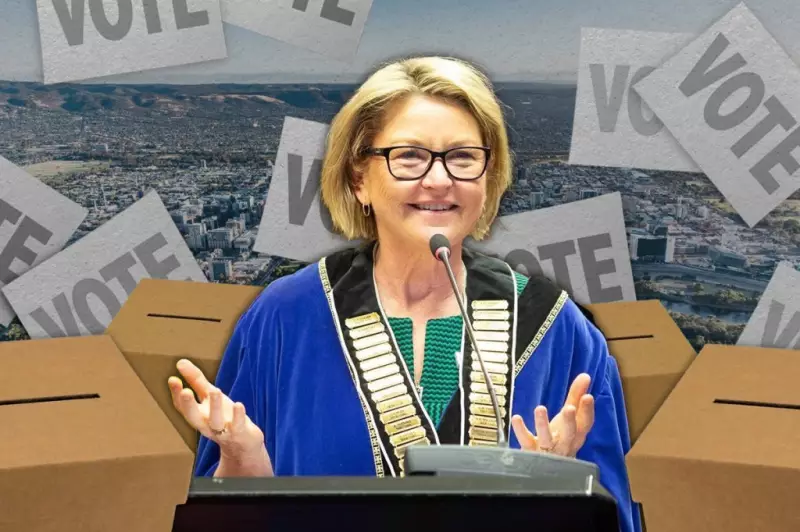
South Australia is confronting what experts are calling a democratic emergency as recent local council elections recorded some of the lowest voter turnouts in living memory, igniting fierce debate about the future of local governance.
The Shocking Numbers Behind SA's Voting Crisis
Early results from Saturday's council elections paint a disturbing picture of civic disengagement. Several councils reported turnout rates hovering around 20-30%, with some areas struggling to reach even these modest figures. The City of Burnside recorded just 28.6% participation, while other metropolitan and regional councils faced similarly dismal numbers.
"We're witnessing a crisis of legitimacy in local government," warned one political analyst. "When three-quarters of eligible voters don't participate, it raises serious questions about the mandate of those elected."
The Compulsory Voting Solution Gains Momentum
In response to the alarming figures, prominent voices across the political spectrum are reviving calls for compulsory voting in local elections. Currently, while voting is mandatory in state and federal elections, South Australians can opt out of local council votes without penalty.
Proponents argue that making voting compulsory would:
- Ensure council decisions reflect community will
- Improve diversity in candidate representation
- Strengthen the legitimacy of local government
- Encourage better civic education and engagement
Why Are South Australians Abandoning Local Democracy?
Several factors appear to be driving the participation crisis:
- Voter fatigue with multiple elections in quick succession
- Lack of awareness about council responsibilities and impact
- Perception that local government matters less than state or federal
- Complex voting systems that confuse potential voters
The Road Ahead: Reform or Continued Decline?
As the final votes are counted, the conversation is shifting from what went wrong to how we fix it. The state government faces mounting pressure to address what many see as a fundamental threat to local democracy.
"This isn't just about poor numbers on a spreadsheet," commented a local government advocate. "This is about whether communities feel connected to the decisions that shape their streets, their parks, and their daily lives."
The debate over compulsory voting is likely to dominate political discussions in coming months, as South Australia grapples with how to rebuild trust and participation in its most immediate form of democracy.





